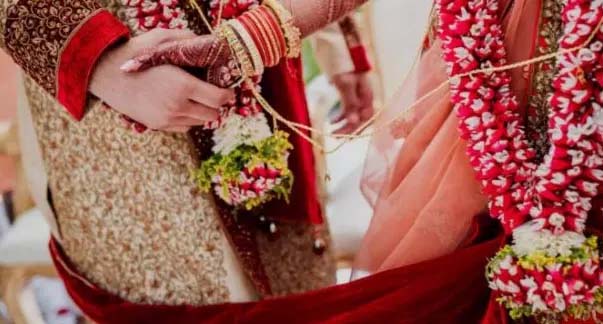Raipur. Even today on the occasion of Akshaya Tritiya many cases of child marriage come to the fore in the country. Child marriage is not only a social evil but also a crime. This violates the basic rights of children to get good health, nutrition and education and to be protected from violence, harassment and exploitation.
According to the Child Marriage Prohibition Act 2006, the age of the boy should not be less than 21 years and the age of the girl should not be less than 18 years for marriage. If the age of the bride and groom is less than the prescribed limit, legal action can be taken against the parents, relatives, wedding procession and even the priest who conducts the marriage. Under the Act, if an adult male marries a female below the age of 18 years, he can be punished with rigorous imprisonment for a term which may extend to two years, or with fine, or with both.
The person who conducts, performs or assists child marriage and the person who promotes, permits or participates in child marriage shall also be punished with rigorous imprisonment for a term which may extend to two years or with fine. After child marriage, if the groom or the bride does not accept the marriage, then through friend, guardian or child marriage prohibition officer, or after attaining majority, can file a petition in the court to declare it void.
If a child is forced, enticed or induced to enter into child marriage or is sold and used for immoral purposes, such marriage is considered null and void. When the marriage is declared void, the money, valuables, jewelry and other gifts exchanged between the two parties also have to be returned. In the Act, the District Officer of Women and Child Development Department has been declared as Child Marriage Prohibition Officer. Information about child marriage can be given to Sub-Divisional Magistrate, Police Station, Anganwadi worker, Sarpanch, Kotwar or regional officer employees of Women and Child Development Department.
